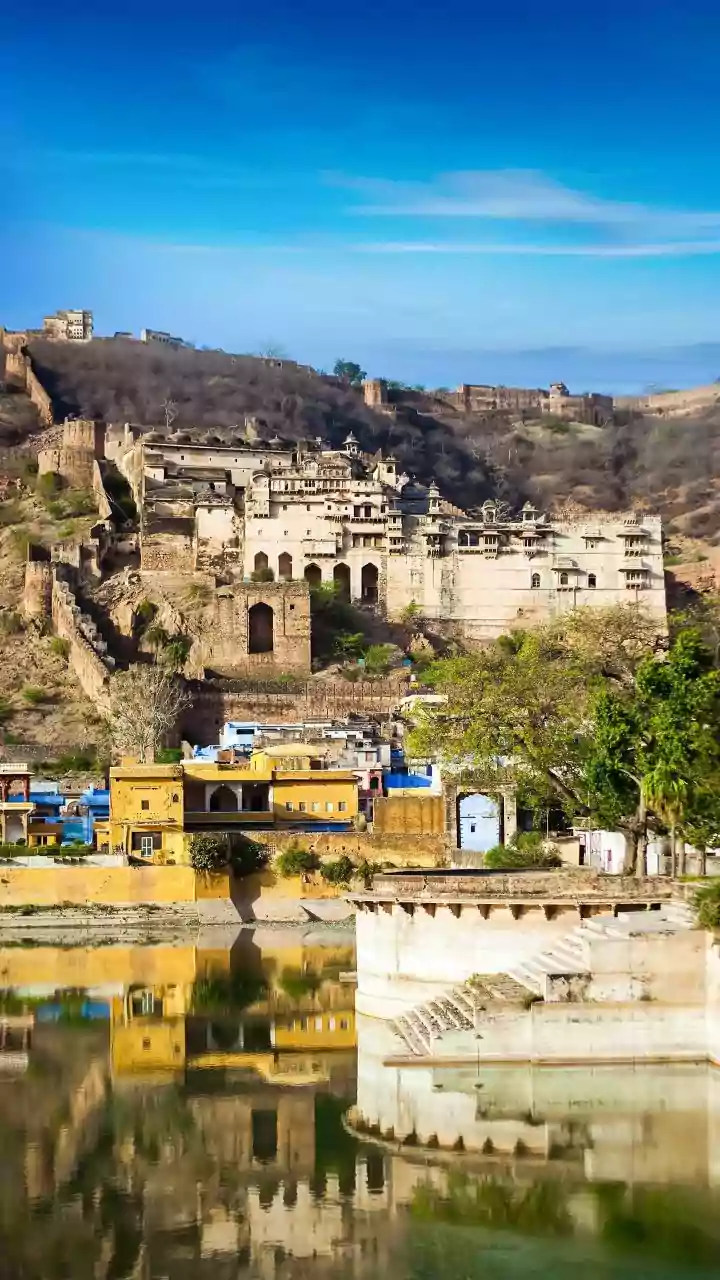Quota Cap Enforcement
The Supreme Court's warning to Maharashtra stems from concerns regarding the state's reservation policies and their adherence to established legal limits.
Specifically, the court has emphasized the critical need to stay within the 50% quota cap, a benchmark set to ensure equitable opportunities while safeguarding against disproportionate allocations. The judiciary's intervention signifies its commitment to upholding the constitutional principles of equality and fairness. The court's directive is a clear indication that any attempt to exceed this limit would be viewed with serious concern, potentially leading to consequences, including the postponement of elections. This places the state government in a position where it must carefully review and potentially adjust its quota policies to align with the court's mandate, thereby ensuring that the electoral process proceeds without disruption and complies with legal standards. This also raises broader questions about the balance between promoting social justice through reservations and maintaining the constitutional integrity of the electoral process.
Electoral Implications Explored
The Supreme Court's warning carries significant implications for Maharashtra's electoral landscape. Should the state fail to comply with the 50% quota cap, the court has explicitly stated its willingness to halt the electoral process. This stern action underscores the judiciary's role as the ultimate arbiter of constitutional compliance and its resolve to ensure fair and legally sound elections. The threat of election postponement serves as a strong deterrent, compelling the state government to take immediate action to address any inconsistencies in its reservation policies. This scenario would involve a thorough review of existing quotas and potentially necessitate adjustments to align with the court's directive. This intervention highlights the interconnectedness of legal, political, and social issues, demonstrating how judicial decisions can profoundly influence the course of political events and the fairness of electoral processes. The focus now shifts to how the state government will respond and whether it will take proactive measures to ensure elections proceed as scheduled, adhering to the court's guidelines. Failure to comply would not only result in legal repercussions but also affect the democratic principles upon which the state functions.
Maharashtra's Response Analyzed
In light of the Supreme Court's warning, the government of Maharashtra now faces the crucial task of navigating a complex situation involving legal, political, and social dynamics. Its response will be closely scrutinized, as it will determine the future course of its reservation policies and the electoral process. The government must assess its current quota framework and identify any areas that require adjustment to ensure compliance with the 50% cap. This process may involve consultation with legal experts, social groups, and political stakeholders to find solutions that uphold legal standards while addressing societal needs. The state government's approach will be crucial in restoring the electoral process and demonstrating its commitment to the rule of law. It will require navigating diverse perspectives and balancing competing interests, with a focus on upholding the integrity of the electoral process and promoting social justice. The actions taken by the government will be a pivotal moment, shaping its relationship with the judiciary and influencing public perception of its commitment to fair governance and legal adherence.
























